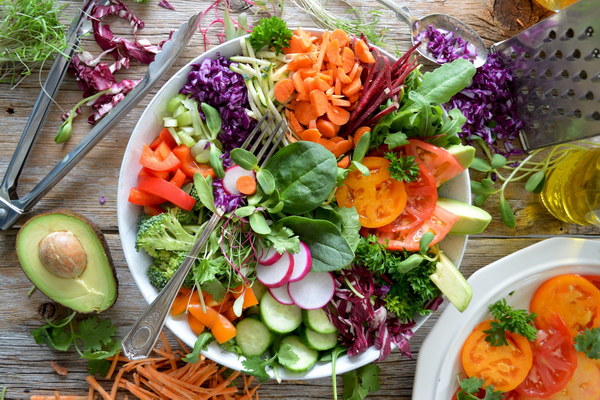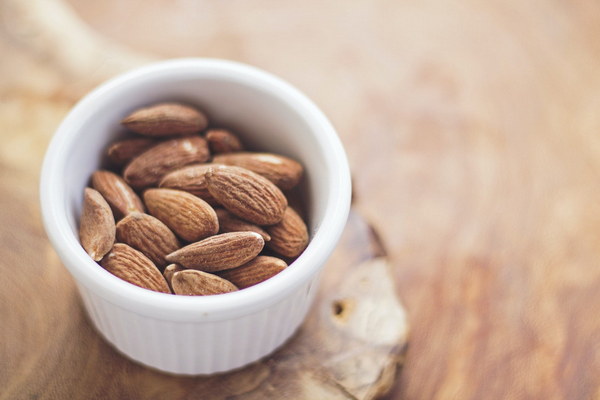Nutritional Support Before and After Menopause A Guide for Women's Health
Introduction:
Menopause, a significant milestone in a woman's life, marks the end of her menstrual cycle and the ability to bear children. This transition often brings about a host of physical and emotional changes. While there's no one-size-fits-all solution for managing these changes, nutrition plays a crucial role in supporting women through this phase. This article provides a comprehensive guide on how to incorporate nutrient-rich foods into your diet before and after menopause to promote overall well-being.
1. Understanding the Nutritional Needs:
As women approach and go through menopause, their nutritional needs can shift. This is due to the hormonal changes that occur, which can affect metabolism, bone health, and more. It's important to focus on a balanced diet that includes a variety of nutrients to support these changes.
2. Calcium and Vitamin D for Bone Health:
One of the most significant changes during menopause is the increased risk of osteoporosis. Calcium and vitamin D are essential for maintaining strong bones. Include dairy products like milk, cheese, and yogurt in your diet, as well as calcium-rich foods such as kale, broccoli, and tofu. To enhance calcium absorption, pair these foods with vitamin D sources, such as fatty fish, egg yolks, and fortified cereals.

3. Omega-3 Fatty Acids for Mood Stability:
Menopause can bring about mood swings and emotional instability. Omega-3 fatty acids, found in fatty fish like salmon, mackerel, and sardines, can help stabilize mood and reduce inflammation. Nuts, seeds, and flaxseeds are also great sources of omega-3s.
4. Iron for Energy:
Menstrual blood loss can lead to iron deficiency, which can cause fatigue and weakness. Include iron-rich foods such as lean red meat, poultry, fish, beans, lentils, and fortified cereals in your diet. To maximize iron absorption, consume vitamin C-rich foods like oranges, strawberries, bell peppers, and leafy greens with your iron-rich meals.
5. Fruits and Vegetables for Antioxidants:
The menopausal phase can increase the risk of chronic diseases like heart disease and certain cancers. Antioxidants found in fruits and vegetables can help combat this risk. Aim to incorporate a variety of colorful produce into your diet, such as berries, apples, spinach, and carrots.
6. Hydration and Probiotics:
Menopause can also affect the skin and gut health. Staying hydrated is essential for maintaining skin elasticity. Include plenty of water, herbal teas, and infused water with fruits or vegetables. Additionally, probiotics found in yogurt, kefir, and fermented foods can support gut health and digestion.
7. Managing Hot Flashes and Night Sweats:
Hot flashes and night sweats are common during menopause. While diet alone may not eliminate these symptoms, certain foods can help manage them. Foods rich in isoflavones, such as soybeans, lentils, and flaxseeds, have been shown to have a cooling effect on the body. Also, staying away from spicy foods, caffeine, and alcohol can help minimize hot flashes.
8. Consult with a Healthcare Professional:
It's important to remember that everyone's body reacts differently to menopause. Before making significant changes to your diet, consult with a healthcare professional to determine your specific nutritional needs and any potential dietary restrictions.
Conclusion:
Transitioning through menopause can be challenging, but with the right nutritional support, women can experience a smoother journey. By focusing on a balanced diet rich in essential nutrients, women can help manage symptoms, support bone health, and maintain overall well-being. Remember to consult with a healthcare provider for personalized advice and to address any specific concerns or dietary needs.









